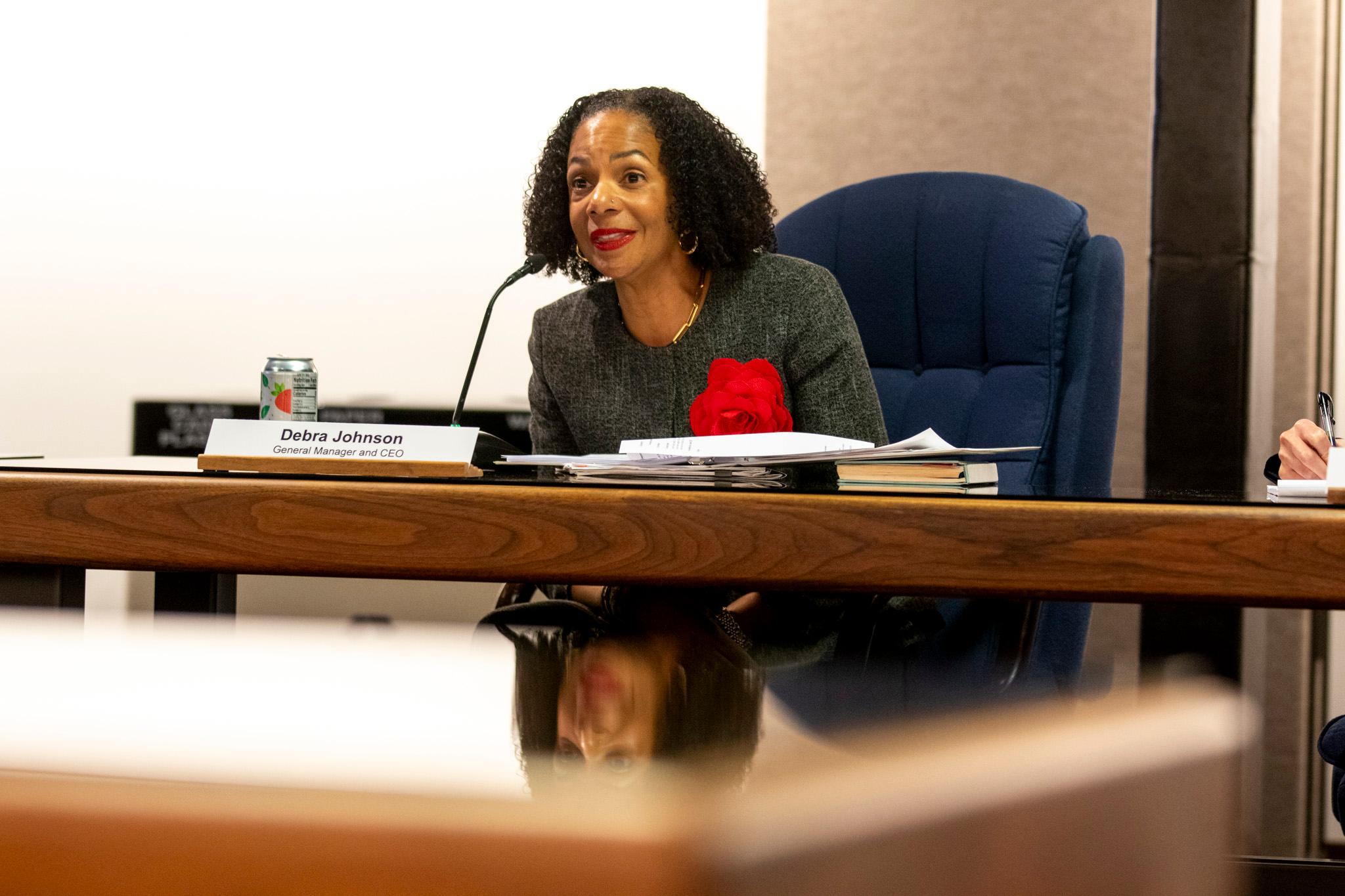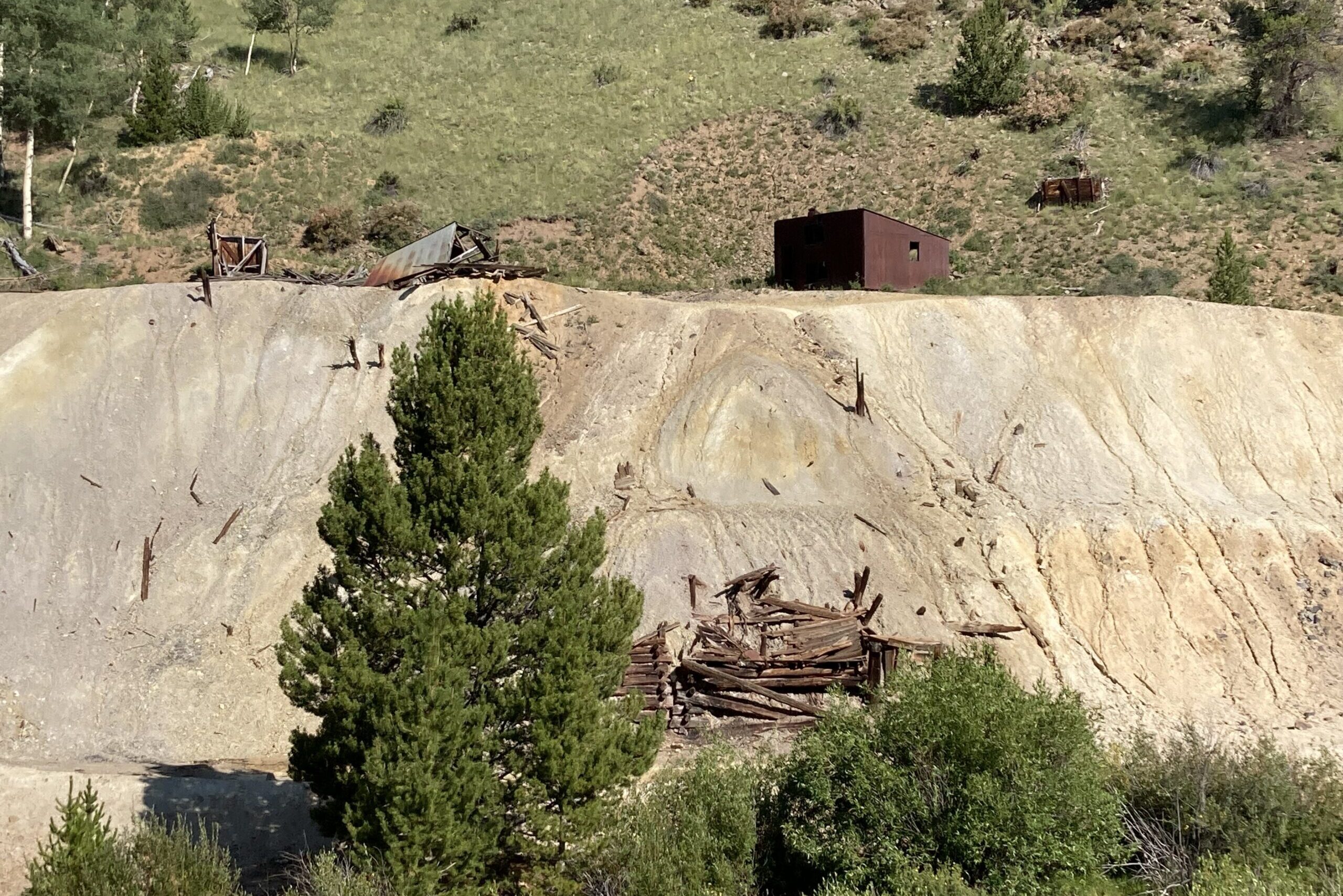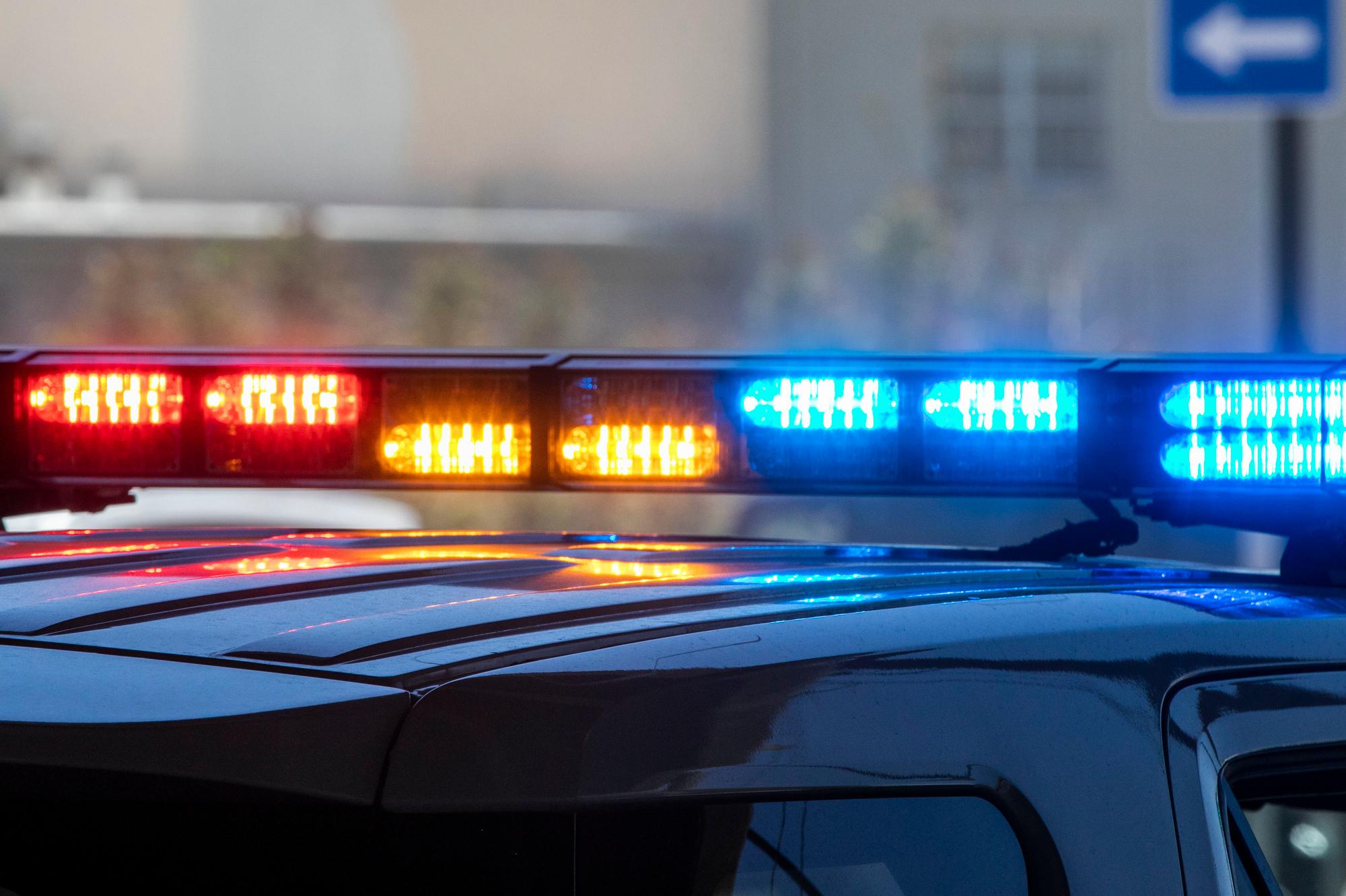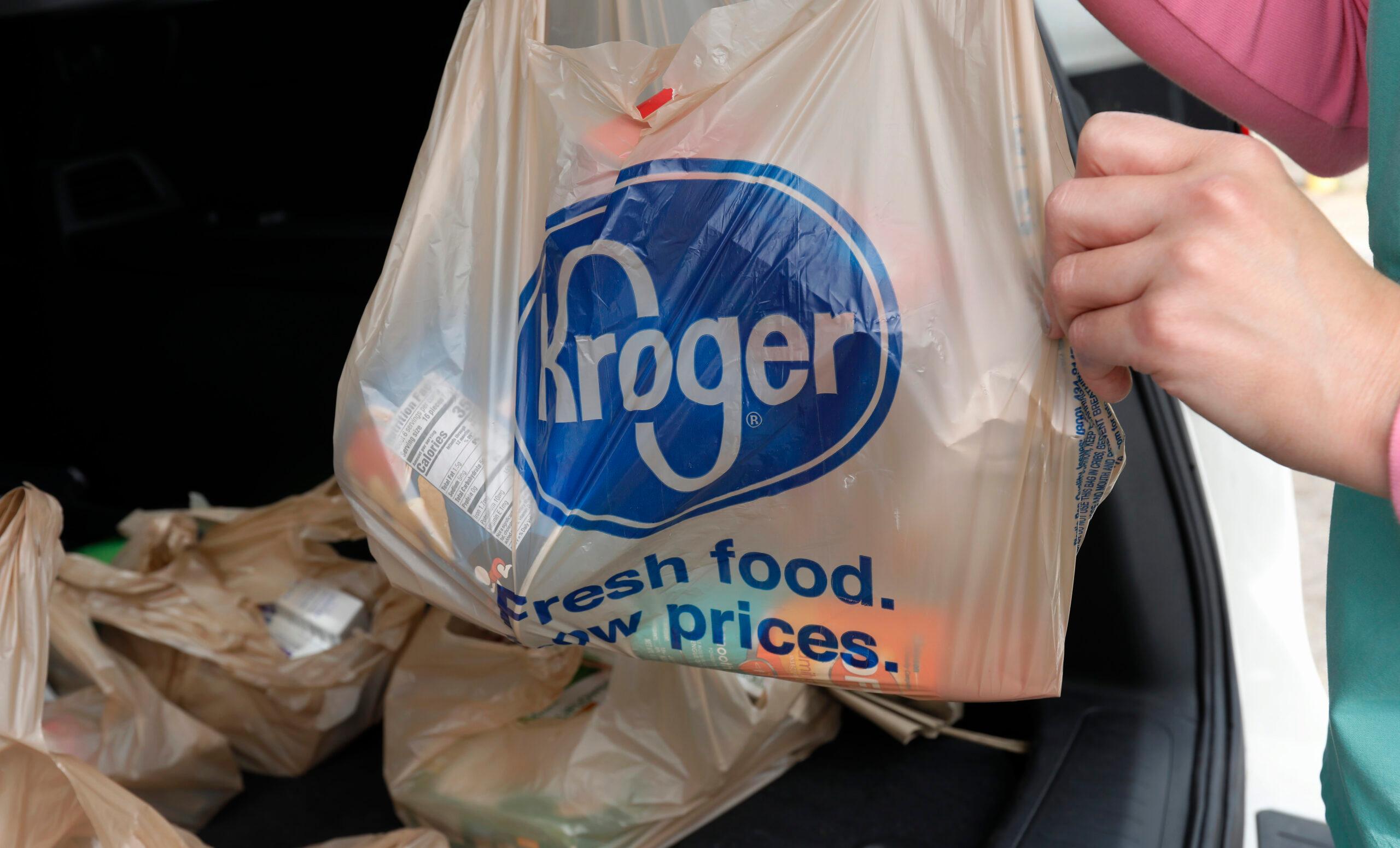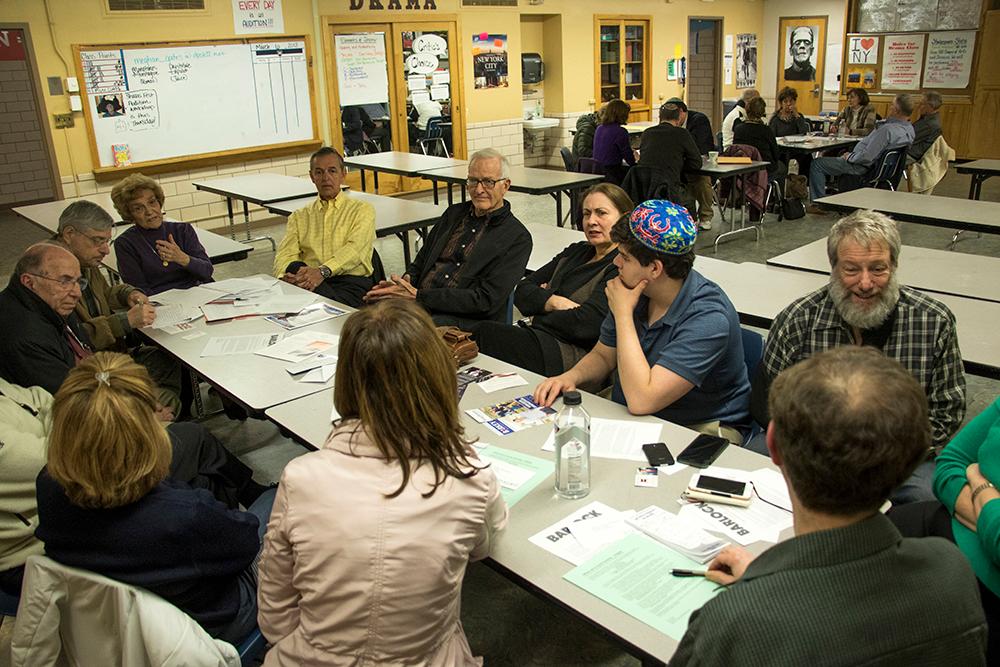
Colorado’s political parties are radically reformatting their assemblies and conventions to minimize the threat of the novel coronavirus.
In a typical election year, Democrats and Republicans usually hold thousands of meetings across a six-week period, from precinct caucuses up to their state conventions, to help select primary candidates and shape party platforms. But with a state ban on large gatherings — and with COVID-19's threat to the older people who often fill these meetings — that has turned impossible in 2020.
Instead, the parties are rethinking what a meeting can be.
The state GOP is allowing its local leaders to choose among different formats. For example, Weld County Republicans will host a drive-through assembly this weekend. Others are allowing delegates to gather through webinars or conference calls, or to vote by mail.
“We have 64 different counties. There is no one-size-fits-all approach that’s going to work for everybody in the state,” said Lx Fangonilo, executive director for the state party. “We want our counties to really think through different options … making sure that everybody participates.”
The Democrats are holding a series of virtual assemblies this weekend in Broomfield, Garfield, Grand and Huerfano counties. The party still planned in-person events in smaller counties like Las Animas and Ouray, according to its website. People who are ill or don't want to attend can send a proxy in their place.
The process began two weeks ago with caucuses around the state, where members of both parties selected delegates. Those delegates proceed to assemblies at the county and other levels, shaping the ballot at each stage.
"The guiding principle is that we want to be helpful to our county parties to ensure that they can hold their Democratic processes in a safe and responsible manner," said David Pourshoushtari, spokesperson for the Colorado Democratic Party. "What's important to us is that we just adjust and ensure these processes can continue in as safe a manner as possible."
The schedule only gets more intense from here, with a slate of larger meetings scheduled for both parties next weekend. Eventually, thousands of delegates are supposed to assemble for each party’s state on April 18. But it's increasingly unlikely that will happen in person.
“The most challenging point is that the goalpost has kept moving every day over the last few weeks,” Fangonilo said, referring to the state’s growing list of restrictions. Now, with strict social distancing requirements in place, the party is trying out technology to have a convention without convening.
The Democratic convention will be "completely virtual," Pourshoustari said.
The changes are possible under a new law passed by the Colorado legislature and an accompanying order by Gov. Jared Polis.
“It’s a really great gathering, a great opportunity to meet people across the state,” Fangonilo said. “In that regard, definitely a loss.”
Still, he said, the goal is “getting everyone together to rally around Cory,” referring to Republican U.S. Sen. Cory Gardner.
For the Democrats, the focus is on selecting potential challengers to Gardner. The state convention is one route for candidates to get on primary ballots for each party.
Candidates who win at least 30 percent support of delegates qualify for the June primary. Andrew Romanoff, a former state representative and Colorado Speaker of the House, got off to a good start when he won the state’s Democratic Senate caucuses earlier in March.
Other candidates, including former Gov. John Hickenlooper, submitted signatures instead. Hickenlooper has already been certified for the primary ballot.

